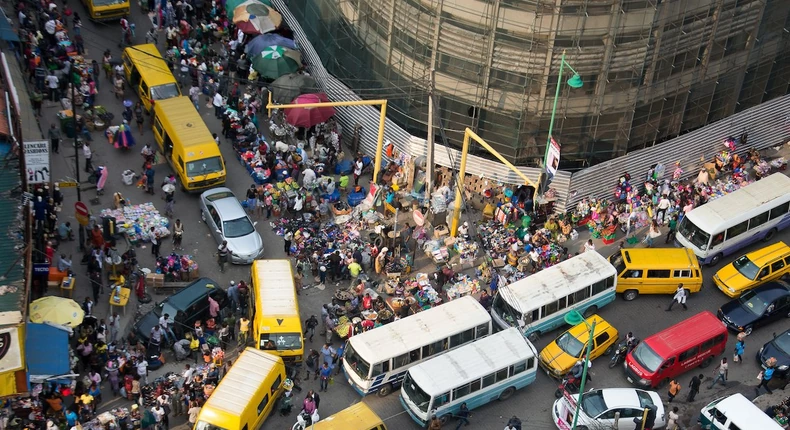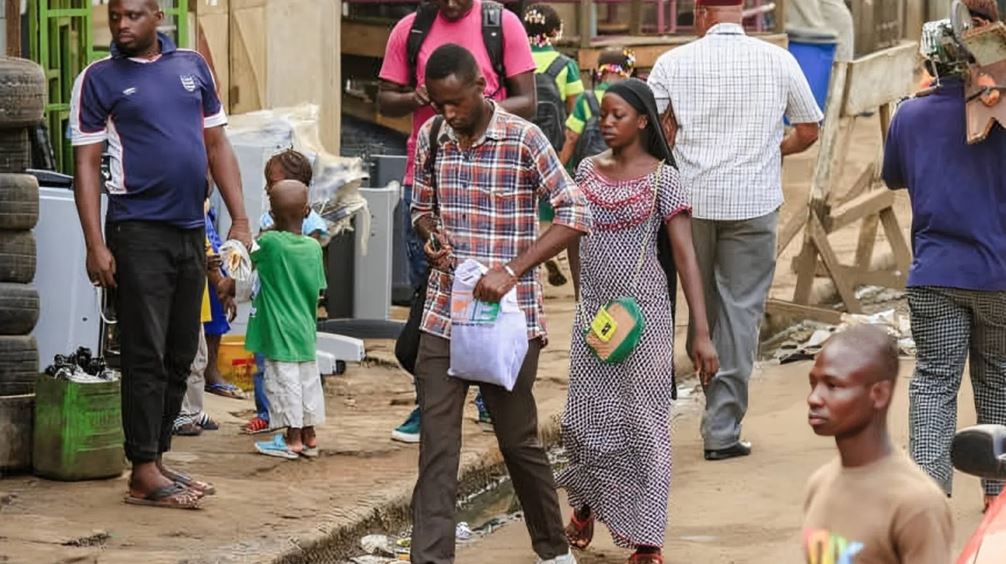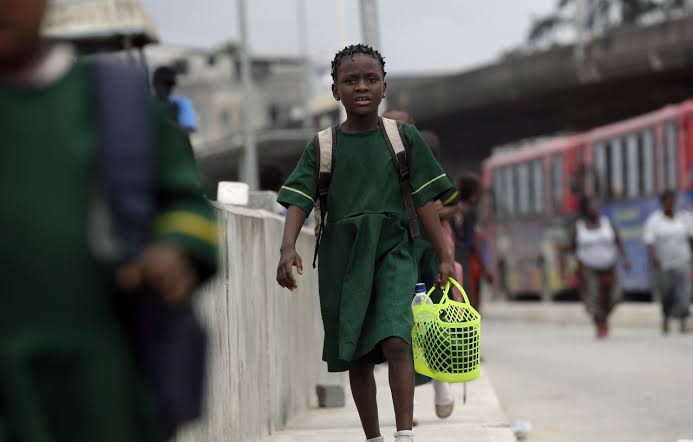5 worst cities to live in Africa – Economist Intelligence Unit report
The Economist Intelligence Unit has released the list of 10 most livable cities across the globe as well as the world’s 10 least liveable cities.
As in previous surveys, the report noted that living conditions in Lagos, Nigeria; Port Moresby, the capital of Papua New Guinea; and Dhaka, the capital of Bangladesh are among the worst in the world.
Its report , ”The Global Liveability Index 2021,” uses the combination of five factors to rate the livability of all the cities across the globe.
The first three factors are: Stability (level of crime and conflict), Healthcare (presence and quality of healthcare) as well as Environmental/Cultural factors (climate, religious restrictions, food and drinks).
Others are: Education (quality and availability of private or public education), and infrastructure (quality of roads, public transport, provision of water, housing, energy and telecommunications).
“A consistently low stability score, owing to ongoing civil unrest and military conflicts, is the reason behind most of these cities featuring in the bottom ten. However, conditions have deteriorated even further as a result of Covid-19—particularly for healthcare,” the report stated.
Of the top 10 least liveable cities, five can be found in Africa. Below is the liveability rating for these African cities:
- Rank: 139
- Rating: 38.5
- Stability: 20
- Healthcare: 20.8
- Culture and Environment: 41.0
- Education: 25.0
- Infrastructure: 46.4
- Rank: 136
- Rating: 34.1
- Stability: 35
- Healthcare: 29.2
- Culture and Environment: 37.3
- Education: 41.7
- Infrastructure: 30.4
3. Tripoli, Libya
- Rank: 135
- Rating: 34.2
- Stability: 30
- Healthcare: 29.2
- Culture and Environment: 33.8
- Education: 41.7
- Infrastructure: 41.1
4. Harare, Zimbabwe
- Rank: 133
- Rating: 36.6
- Stability: 40
- Healthcare: 12.5
- Culture and Environment: 44.4
- Education: 58.3
- Infrastructure: 35.7
5. Douala, Cameroon
- Rank: 132
- Rating: 38.6
- Stability: 60
- Healthcare: 12.5
- Culture and Environment: 40.3
- Education: 25.0
- Infrastructure: 42.9





























